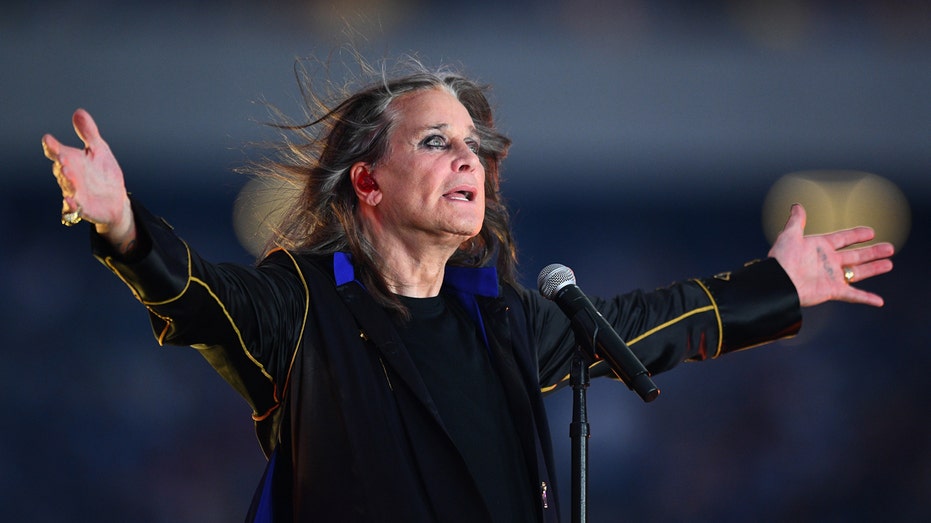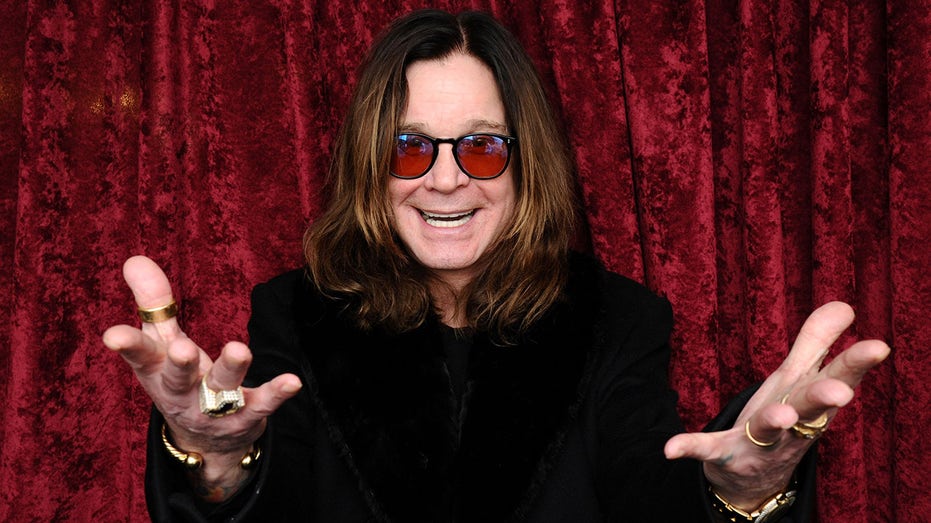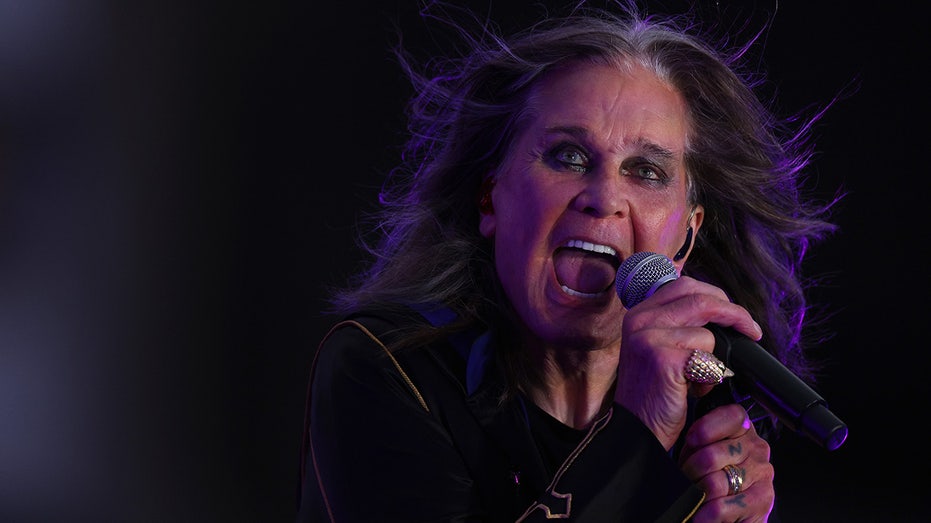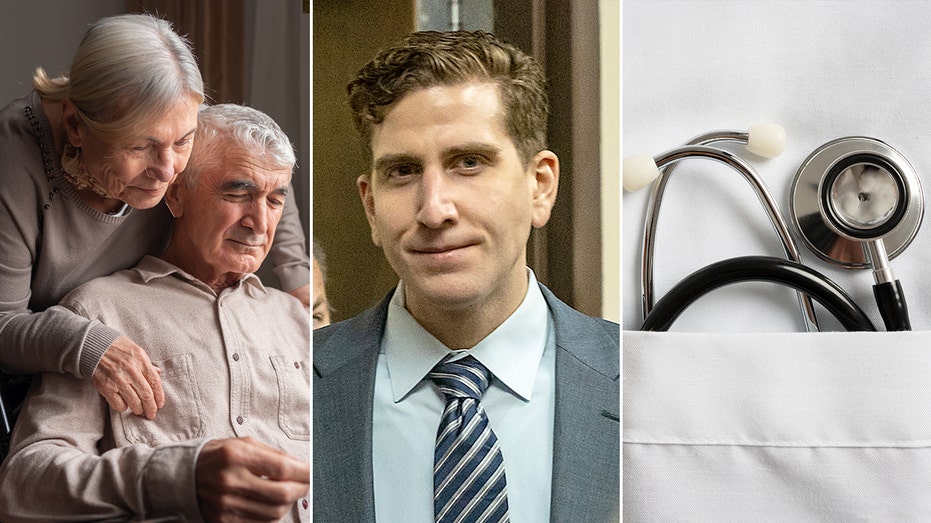Ozzy Osbourne Dies at 76: Rare Parkinson’s Battle Sparks Lifestyle Health Debate

Sarah Johnson
July 26, 2025
Brief
Rock icon Ozzy Osbourne passes at 76 after battling rare Parkinson’s. Explore how lifestyle factors may have contributed to his condition.
The world of rock has lost a true icon. Ozzy Osbourne, the legendary frontman of Black Sabbath, passed away on Tuesday at the age of 76 after a courageous battle with a rare form of Parkinson’s disease known as PRKN-2. This genetic, early-onset condition progresses more slowly than typical Parkinson’s, but its impact on Osbourne’s life was profound, as he openly shared over the past few years.
Osbourne first revealed his diagnosis in 2019 on Good Morning America, alongside his wife Sharon, admitting that hiding his struggles had become impossible. "I’m no good with secrets," he said with his characteristic raw honesty. His health challenges were compounded by a severe fall that required neck surgery, affecting his nerves and mobility. Yet, just weeks before his passing, the rock star defied the odds, taking the stage one last time for Black Sabbath’s "Back to the Beginning" performance in Birmingham, England, on July 5—a fitting farewell to his roots.
Parkinson’s, a progressive neurodegenerative disorder, affects the brain’s dopamine production, crucial for movement and mood. While only a small percentage of cases are directly genetic, experts suggest that environmental factors often play a significant role. Lifestyle elements such as exposure to toxins, head trauma, and disrupted sleep patterns can tip the scales toward the disease. For Osbourne, whose heavy-metal career was defined by late nights, loud music, and a rebellious spirit, these risks may have compounded. Repeated head-banging and potential exposure to heavy metals in old venues could have contributed, as medical professionals have noted.
Beyond the physical toll—tremors, slowed movement, and digestive issues—Parkinson’s also impacts cognition and mood, often leading to depression and a loss of motivation. "It’s not just about the shakes," one neurologist explained, emphasizing the all-encompassing nature of the disease. Though there’s no cure, treatments like dopamine agonists and stem cell therapy, which Osbourne explored in recent years, offered temporary relief. His daughter Kelly once described his progress after a stem cell treatment as "mind-blowing," noting improvements in his mobility and spirit.
Osbourne’s story raises broader questions about how lifestyle intersects with health. The rock-star life—late nights under artificial lights, erratic schedules, and the sheer physicality of performance—can disrupt the body’s natural rhythms, potentially increasing risks for conditions like Parkinson’s. As we mourn the loss of this music titan, his journey reminds us of the delicate balance between passion and well-being, a lesson that resonates far beyond the stage.
Topics
Editor's Comments
Ozzy bit the head off a bat once, but Parkinson’s proved a tougher beast to tackle. Isn’t it ironic that the Prince of Darkness spent his final years fighting a disease tied to disrupted rhythms, when his life was all about defying every natural beat? Let’s not just mourn the man, but also ask: how many other rock gods are head-banging their way to health risks we’re only starting to understand?
Like this article? Share it with your friends!
If you find this article interesting, feel free to share it with your friends!
Thank you for your support! Sharing is the greatest encouragement for us.






